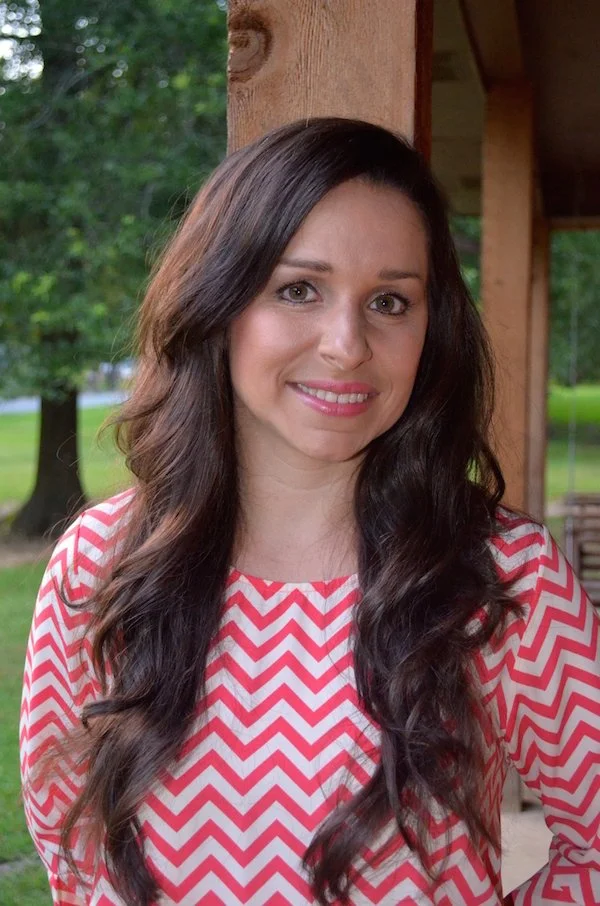
Explore Bible Studies, Abortion Statistics, Insights, & Resources
Resources for Post-Abortive Conversations
-

Challenge on the Other Side Interview
Amanda shares her story about Christ’s healing power after abortion
-

Interview with Mississippi Christian Living Magazine
“She wants women to know they can talk about abortion without being condemned.”
-

How to Talk with a Post-Abortive Friend
Supporting a friend, whether male or female, who confides in you about their experience with abortion requires sensitivity, empathy, and understanding. This guide can help you.
Abortion Statistics
These statistics reinforce the urgent need for comprehensive support systems that encourage and empower women to choose life, offering them real alternatives and compassionate care throughout their pregnancies and beyond.
Creating Awareness for
Post-Abortive Counseling
Access comprehensive research, studies, and tools to support your post-abortion ministry and counseling efforts
- Create brochures, pamphlets, or informational materials
- Explain the importance of post-abortive counseling
- Highlight available services and benefits
- Share information and resources on social platforms
- Create engaging posts and infographics
- Share testimonials to connect with wider audiences
- Partner with healthcare professionals
- Connect with gynecologists and family planning clinics
- Establish referral networks for patients
- Organize educational events in community centers
- Provide information sessions at schools or churches
- Create safe spaces for questions and discussion
- Participate in local fairs and health expos
- Set up information booths with resources
- Connect directly with community members
- Create comprehensive website resources
- Optimize content for search engines
- Provide accessible ways to request help
- Connect with existing community organizations
- Leverage established networks and relationships
- Collaborate on joint awareness initiatives
- Contact local newspapers and radio stations
- Offer interviews or contribute articles
- Share impactful stories that increase visibility
- Encourage sharing of personal healing journeys
- Create testimonial videos or written stories
- Use real experiences to break down stigma
- Network with mental health professionals
- Create referral systems with counselors
- Provide resources for therapists to share
- Provide downloadable guides and materials
- Host free webinars or informational sessions
- Create low-barrier entry points to services
Remember to approach awareness campaigns with sensitivity and respect for individuals who may have experienced post-abortive trauma. Creating a supportive and non-judgmental environment is essential for encouraging those in need to seek help.
Podcast Topic Ideas for
Post-Abortive Counseling
Promoting post-abortive counseling through podcasts can be a powerful way to reach and support individuals who may benefit from these services. Here are five podcast topic ideas that can help raise awareness and provide valuable information.
"Navigating Emotional Healing: Post-Abortive Counseling Stories"
- Share personal stories of individuals who have gone through post-abortive counseling
- Highlight the positive impact counseling had on emotional well-being
- Discuss different aspects of the healing journey and challenges faced
- Emphasize the importance of seeking professional support
"Breaking the Stigma: Post-Abortive Counseling and Mental Health"
- Explore societal stigma surrounding abortion and its effects on mental health
- Discuss how counseling helps break down stigma and provides safe spaces
- Address common mental health challenges associated with abortion
- Feature mental health professionals discussing supportive approaches
"Understanding Post-Abortive Trauma: A Guide for Support"
- Provide in-depth discussion about post-abortive trauma and its impacts
- Explore how counseling plays a crucial role in the healing process
- Include insights from mental health professionals who specialize in this area
- Share evidence-based approaches to trauma-informed care
"Compassion and Support: Post-Abortive Counseling Services Explained"
- Offer a comprehensive overview of post-abortive counseling services
- Discuss different types of counseling approaches available
- Highlight the importance of supportive and non-judgmental environments
- Provide clear information on how individuals can access these services
"Empowering Choices: The Role of Counseling in Reproductive Health"
- Explore the broader context of reproductive health and informed decisions
- Discuss how counseling provides guidance before and after abortion
- Emphasize a holistic approach to reproductive well-being
- Feature specialists discussing whole-person care approaches
When creating these podcasts, ensure that the content is informative, empathetic, and respectful of the sensitive nature of the topic. Invite experts in the field, including counselors, therapists, and individuals with experience in post-abortive counseling, to share their insights. Additionally, provide resources and information on how listeners can access counseling services or seek further assistance if needed.
Additional Resources & Studies
Access comprehensive research, studies, and tools to support your post-abortion ministry and counseling efforts.
Abortion Ban Study
Women Distrust the Church
Post-Abortive Stress Syndrome (PASS)
Essential Articles
Surrendering the Secret
Starting a Post-Abortive Bible Study
Together We Heal.
-

Open Letter About My Abortion
I pray that you’ll read this and know that healing is available and you DESERVE TO BE HEALED!
-

Resources
Explore Bible studies, insights, and more about abortion, faith, and God’s grace and mercy.
-

Contact Me
Please get in touch if you need guidance on more resources or someone to pray with you.